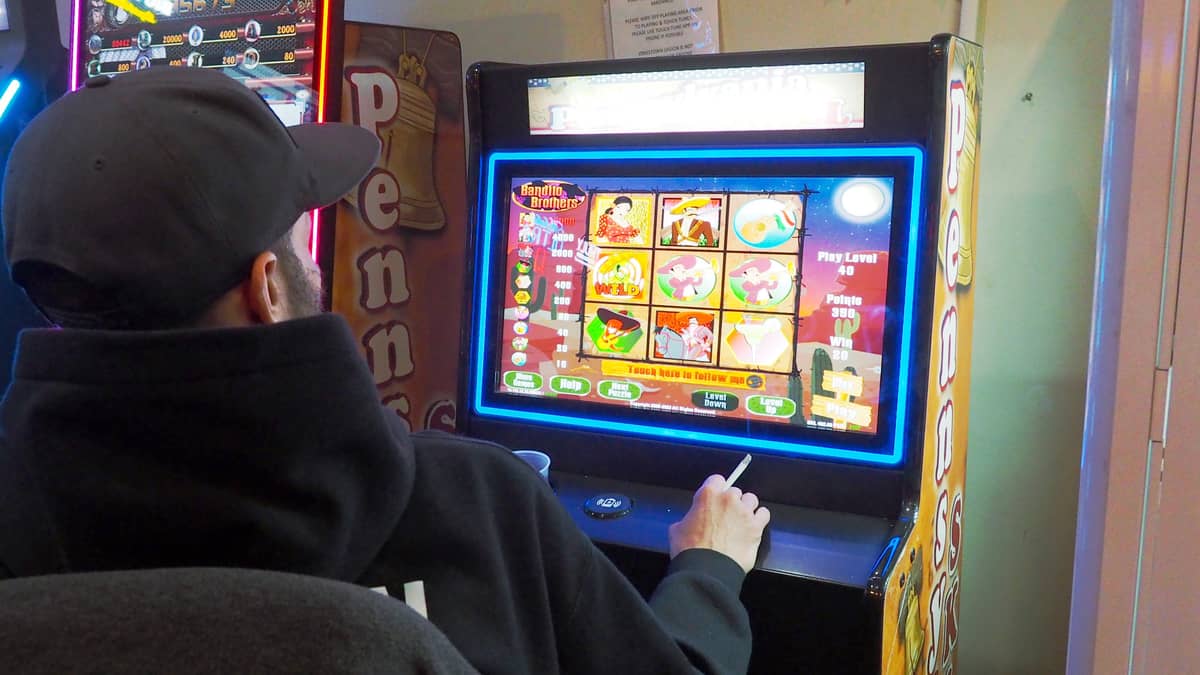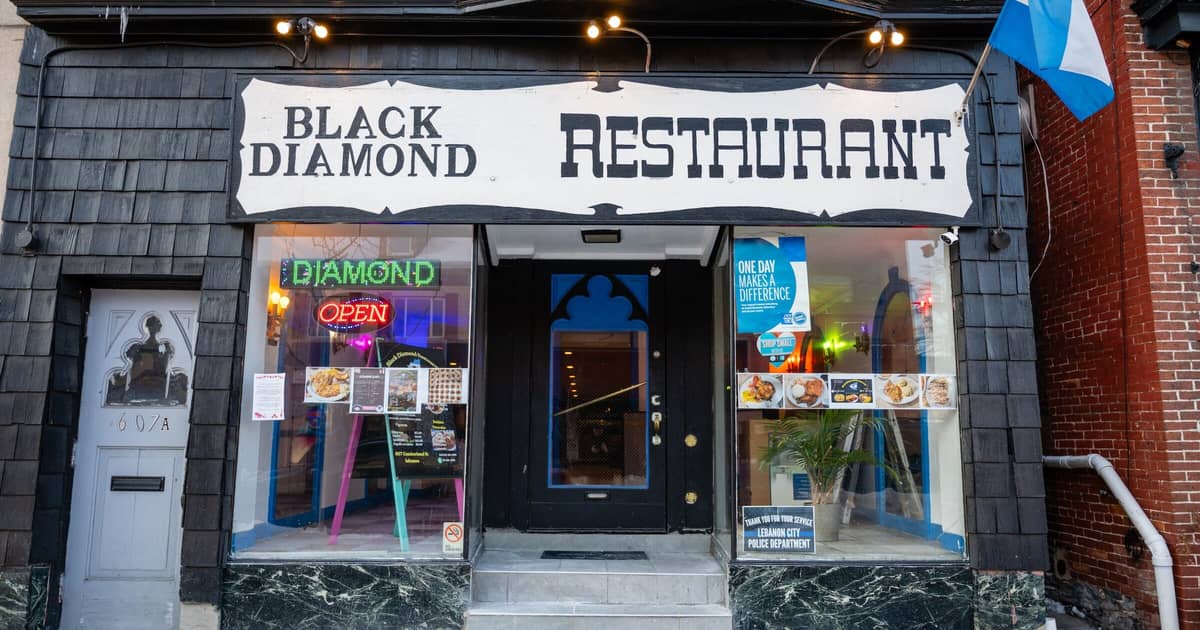“Awkward and ambiguous.”
That’s how Pennsylvania Supreme Court Chief Justice Thomas G. Saylor describes the Neighborhood Improvement District Act, the legislation that made possible neighborhood improvement districts, like the Downtown Lebanon BID, which came into existence in 2016 and now faces an existential crisis over its legitimacy.
Saylor’s comments came amid his majority opinion in the case Edward J. Schock brought against the City of Lebanon over the voting procedure for the BID’s creation. Schock is an attorney with offices inside the BID zone, a 15-block stretch centered around Cumberland Street.
The core issue is whether the term “affected property owners” in the legislation refers to all property owners within the BID or just those with an assessment.
City officials said that all 358 property owners within the BID were eligible to vote, Schock said only 280 were actually eligible. These 280 to which Schock referred were owners who would have to pay financial assessments to finance projects, with assessed businesses paying a minimum of $250 per year.
Properties used for religious, non-profit, or health purposes were exempt. The City argued that restricting voting to only those paying the assessments was “unreasonable.”
Chief Justice Saylor cited precedent from Philadelphia as the basis for only extending the voting right to assessed property owners. In his opinion, he notes, “Excluding exempt property owners from voting on the establishment of a neighborhood improvement district is not absurd, unreasonable or incapable of execution since that is precisely what the General Assembly has provided in the City of Philadelphia.”
“I was surprised with the outcome,” said City of Lebanon Mayor Sherry Capello. “The County Court and Commonwealth Court did rule in the City’s favor, so I was a little surprised by the Supreme Court’s decision.”
Capello noted that the opinions make it clear the prevailing law lacks clarity, and said that the BID process had been done with the best due diligence and transparency possible. “Because it was so ambiguous, we moved forward with what we thought was right,” she said.
Although the BID now appears threatened, Capello said she is not going to give up, and even if the funding is cut off from the assessment going forward, she intends to find another mechanism to continue what she sees as a major force for good in downtown Lebanon.
“I truly believe we have a momentum here,” she noted, adding that she has anecdotally heard from business owners who told her they’ve experienced the highest business sales ever thanks to positive campaigning by the BID.
“How the downtown goes, goes the city, goes the county,” said Capello. “I’m not going to give up. I’m going to find another avenue somehow.”
It’s not clear what the next steps will be in the legal process set to unfold. The Pennsylvania Supreme Court’s declaratory judgement will result in the case being sent back to the a lower court for interpretation. (An earlier version of this post stated that the case would go back to the Commonwealth Court, but we do not know specifically which court it will land at yet.)
No further information on court dates was available at this time, but LebTown will keep you updated as this story develops.
Matt Reigle contributed to this article.























